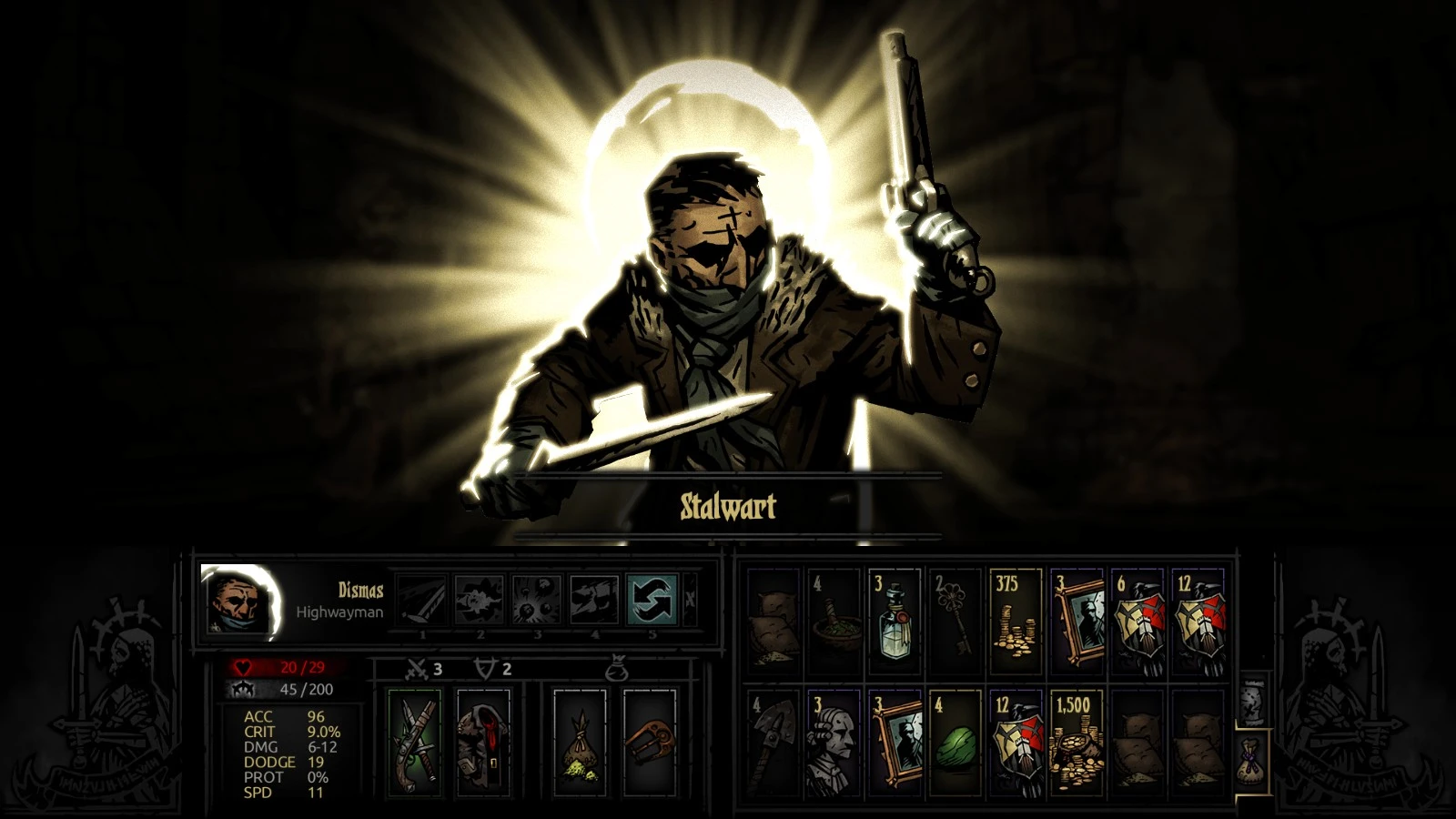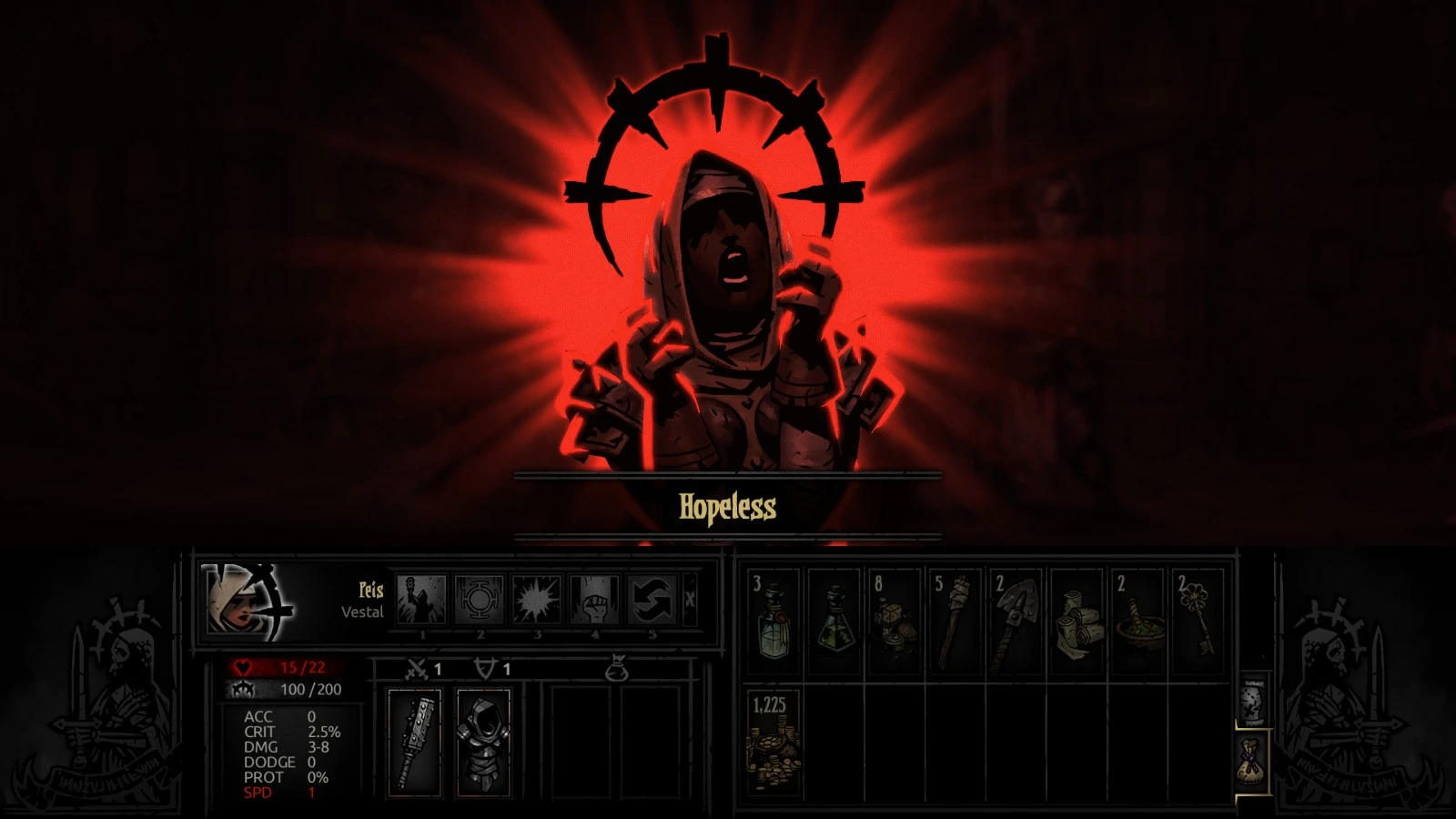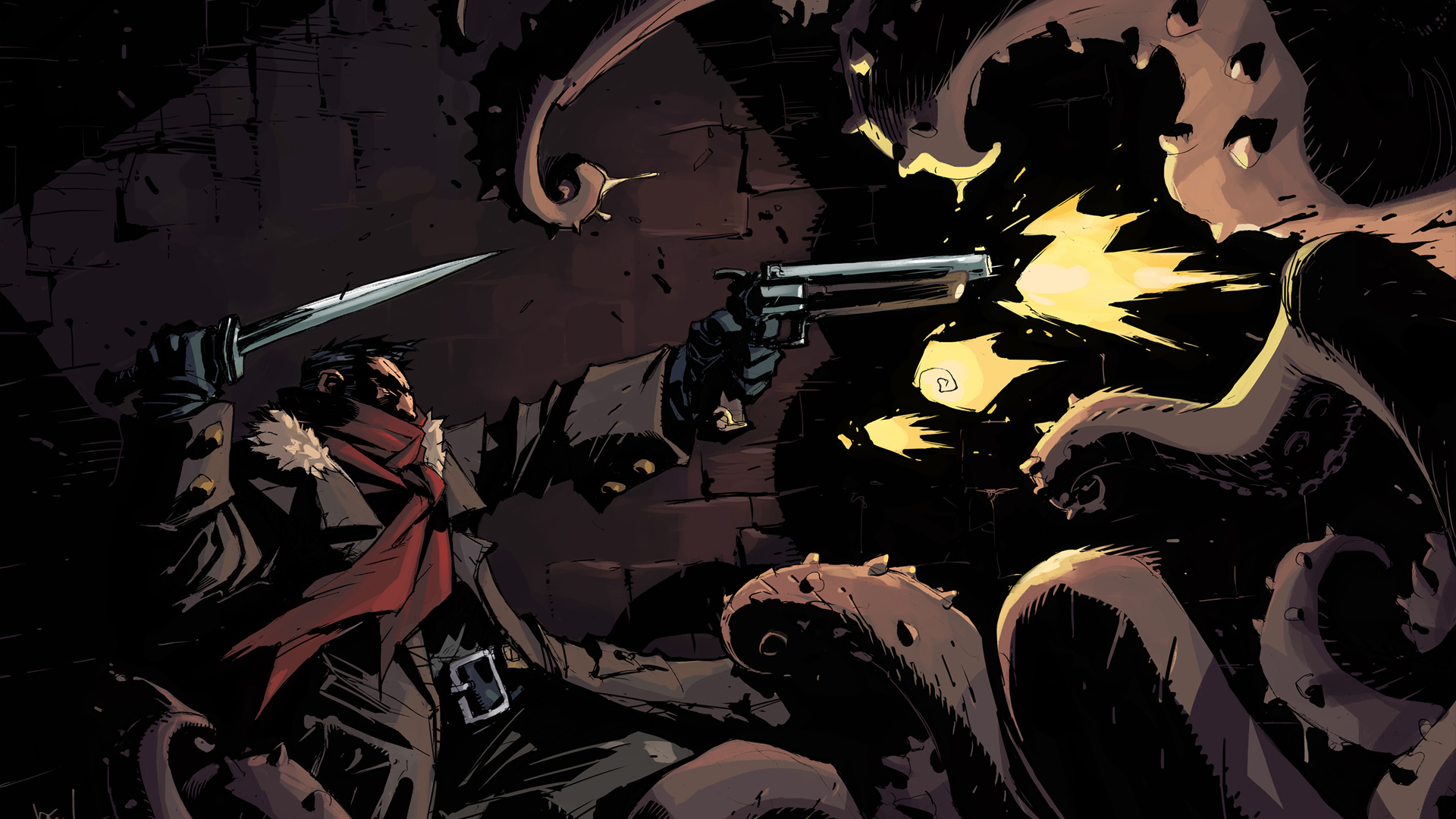
In fact, the inspiration for the Affliction System itself was not Lovecraft, but rather the role of human factors in history and fiction. What about the willingness to fight? The Human Response to StressĪlthough we are obviously influenced by Lovecraft in terms of tone, we never really thought of things in the strict “insanity” filter that many Call of Cthulhu games adopt. More specifically, the ability to fight is only half the equation. Taken together, those considerations led us to focus almost exclusively on the sword arm, not the sword. To be fair, some of those are done incredibly well, and we’ve clicked and right-triggered to the best of them, but they rely on a huge amount of procedural loot generation and the game becomes all about finding the next larger sword. In addition, we wanted to make something that stood in stark contrast to the "loot pinata" style of RPG. We started asking: how would the hero feel? Situations are presented as purely a player’s choice whether to face down a terrifying monster with only 1 HP left. However, many RPGs lose sight of the human element. We’re big fans of RPGs, ranging from classic old games like the Bard’s Tale series, Eye of the Beholder, Ultima Underworld, etc., on up to Diablo, Dark Souls, and contemporary MMOs. Push heroes to their limit, and they will break mentally. To be successful, you need to consider the human factors on the way to accomplishing your goals. The Affliction system puts the player squarely in the role of a team manager, squad leader, or hockey coach. This becomes a bit of a board game in terms of trying to make the most of R&R between quests. However, there are limited slots in town for each activity, and each hero has their own personal preferences on what they like. To reduce stress, you need to give heroes time off between missions and let them unwind in the ways that people do: drinking, gambling, meditation, prayer, and more. This puts them in an incredibly useful Heroic state, where they may inspire the other team members or fight at increased effectiveness. Sometimes, a hero will pass the Affliction check. For example, a selfish hero may take treasure for themselves, a hopeless hero may give up fighting, and a paranoid hero may become convinced that the other party members are enemies. The different afflictions cause a wide variety of different game behaviors. Heroes can become selfish, abusive, hopeless, paranoid, afraid, masochistic, or just plain irrational. Afflictions are different ways that people respond to stress. If they fail the check (which is common), they manifest a temporary condition of reduced effectiveness - an Affliction. This is presented in game as a stress meter on each hero. When the stress meter reaches 100, heroes face an Affliction check. As heroes adventure, their stress levels build. The centerpiece of this is the Affliction System. What if a hero was unwilling to fight?ĭarkest Dungeon is about the psychological toll of adventuring.

The ability and skill to fight is only half of the equation. What: Modelling an adventurer's mental health with the Affliction System Both of us have enjoyed the small-scale production, where limited resources breed creativity and force hard decisions.

#DARKEST DUNGEON VIRTUE PLUS#
Right now we have six full-time people working on the game, plus our sound (Power Up Audio), music (Stuart Chatwood), and narration (Wayne June) contractors. Over the course of the game’s development, we built up a team of experienced collaborators to help make the game a reality.

We were willing to bet that if we did that, there would be a decently sized niche audience that would also like it and thereby support the business. We were excited by the chance to work on a game that had no external compromises-something purely made by us, for us, the way we wanted it to be. We’d get together and brainstorm various ideas, but the one we were most captivated by was Darkest Dungeon.īoth of us freed up in the spring of 2013, and we decided it was now or never, so Red Hook Studios was born. We had been circling around the idea of doing a game together for years, but we were busy with other studios and start-ups. Who: Chris Bourassa, creative director and artist, and Tyler Sigman, game designer and executive producer Īlso, dig into our ever-growing Deep Dive archive for developer-minded features on everything from Amnesia 's sanity meter to Alien: Isolation 's save system. Check out earlier installments on the heredity system of Hero Generations, traffic systems of Cities: Skylines , and the plant-growing mechanics of Grow Home.


 0 kommentar(er)
0 kommentar(er)
